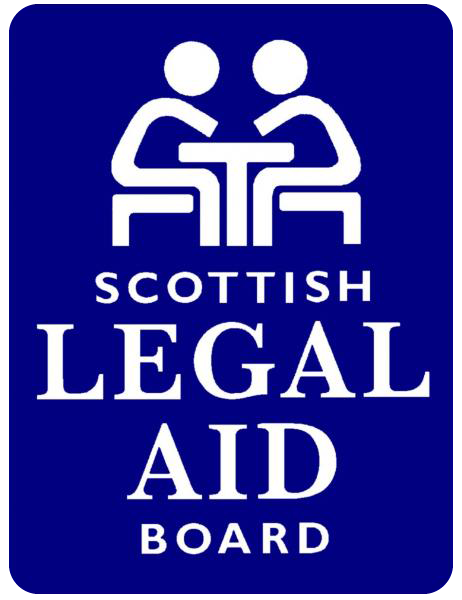A majority of Scots are in favour of the Scottish Government taking tougher action against drink-driving, according to a recent survey. The findings come in the wake of a police anti-drink and drug driving campaign over the festive period.
Campaign results
The drink/drug driving campaign lasted for four weeks, and netted 462 drivers in total – down slightly on the previous year, when 525 people were caught drink or drug driving.
According to Deputy Chief Constable Tom Ewing, the ACPOS lead on Road Policing, this should in no way be seen as some kind of success.
“There are still too many people drinking and taking drugs before getting behind the wheel and I would urge anyone tempted to take the risk to think very carefully about the consequences,” he warned. “You will lose your licence, may lose your vehicle and face a substantial fine.”
Penalties if convicted
In fact, if convicted of drink or drug driving, you can also expect a twelve month driving ban, a criminal record, a possible fine of up to £5,000, and a possible prison sentence of up to six months.
If you have been charged with a drink driving offence in Scotland, don’t hesitate to contact our drink driving lawyers in Edinburgh - specialist legal advice and representation will put you in the best possible position against any possible sentence or fine.
A forfeiture scheme is also in operation in Scotland, which allows the authorities to seize and either sell or crush the offender’s car. In general, it applies to people caught either drink or drug driving for the second time.
Lowering the drink-drive limit
It looks like the current police and Government crackdown on drink and drug driving is likely to strengthen over the next few years.
The Scottish Government recently consulted on plans to lower the drink driving limit in Scotland, and has now produced a survey revealing that 75% of Scots would be in favour of the Government being given additional powers in order to tackle the problem.
The survey, carried out by You Gov, reveals that 75% of the 1,073 Scottish adults surveyed would support Scotland having additional legal powers to reduce drink driving, while 8% would not support it. Thirteen percent had no feelings either way.
Irish situation
It is interesting to contrast the Scottish approach with some recent news from County Kerry, in Ireland.
According to reports, Kerry County Council has approved a motion that would allow the police to grant permits, giving people permission to go slightly over the drink drive limit. The idea is that it would counter isolation and depression in people who live in rural areas, and who feel unable to go out to a pub because of the risk of losing their licence.
Speaking to the BBC, Conor Cullen of Alcohol Action Ireland remarked:
“Those in rural areas who may be suffering from isolation will not benefit from putting their lives and the lives of the other members of their community at risk by drinking and driving.”



